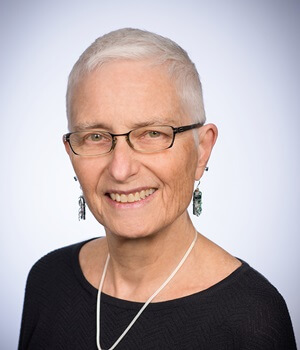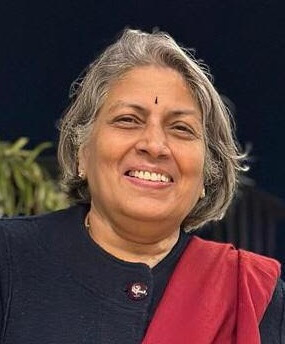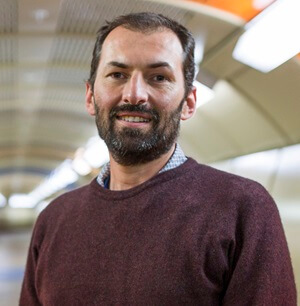Proctor Medal (joint): Christine Curcio, PhD, FARVO (RC)
A neuroscientist by training, Christine Curcio, PhD, has made seminal contributions to the anatomic and molecular pathobiology of age-related macular degeneration (AMD), which degrades central vision in aged adults worldwide. Using tools of digital histology, her lab has made important discoveries about the composition and role of drusen deposits in human AMD while also identifying hallmarks such as early loss of rod photoreceptors, gliosis, and RPE transdifferentiation. Curcio's microscopy studies support multiple clinical diagnostic techniques, including optical coherence tomography, autofluorescence, adaptive optics and rod-mediated dark adaptation.

Proctor Medal (joint): Cynthia Owsley, PhD, MSPH, FARVO (CL)
Cynthia Owsley, PhD, MSPH, FARVO, is the Nathan E. Miles Endowed Chair of Ophthalmology at the University of Alabama at Birmingham (UAB). She completed her doctoral degree at Cornell University in experimental psychology. For 25 years she has collaborated with Christine Curcio, PhD, to understand the transition from aging to intermediate Age-related Macular Degeneration (AMD) to reveal structure-function associations. Early demise of rod photoreceptors during aging and AMD underscores the pressing need to understand functionally validated structural endpoints in AMD to arrest its early progression before cone loss and blindness.

Friedenwald Award: Connie Cepko, PhD (RE)
Connie Cepko, PhD, is the Bullard Professor of Genetics and Neuroscience at Harvard Medical School and an investigator at the Howard Hughes Medical Institute. She received her doctoral degree from the Massachusetts Institute of Technology, working with Phillip Sharp, PhD. She remained at MIT as a postdoctoral fellow in the laboratory of Richard Mulligan, PhD, where she developed some of the first retrovirus vectors. Cepko's current research is focused on the development and diseases of the retina, including a gene-agnostic gene therapy.

Weisenfeld Award: Geeta K. Vemuganti, DNB, FAMS, MD, FARVO (AP)
Geeta Vemuganti, DNB, FAMS, MD, FARVO, has nurtured the field of ocular pathology, stem cell biology and translational research in India. Her novel technique of culturing limbal cells restored vision in many patients with chemical burns. Other research contributions include identification of limbal stromal cells, human lacrimal tissue cultures, role cancer stem cells and exosomes in retinoblastoma and new animal models. She has contributed three decades of diagnostic ocular pathology and research, plus has served as an editorial board member of WHO book of Classification of Eye tumors. Vemuganti has more than 250 publications and a H-index of 54 with 7900 citations. She is a fellow of various prestigious associations, holds many leadership positions and grants, and has mentored many scholars in eye pathology and vision sciences.

Cogan Award: Alex Hewitt, PhD, FARVO (CL)
Professor Alex Hewitt is a Research Fellow at the Menzies Institute for Medical Research at the University of Tasmania, and a Principal Investigator at the Centre for Eye Research Australia. His major research interests lie in the ophthalmic applications of stem cell and gene-editing technology. Hewitt obtained his PhD in 2009 investigating the molecular and phenotypic associations for glaucoma. In 2014, he expanded his laboratory to Hobart, where his team have been applying CRISPR/Cas-gene editing technology to better understand and treat inherited eye diseases.

